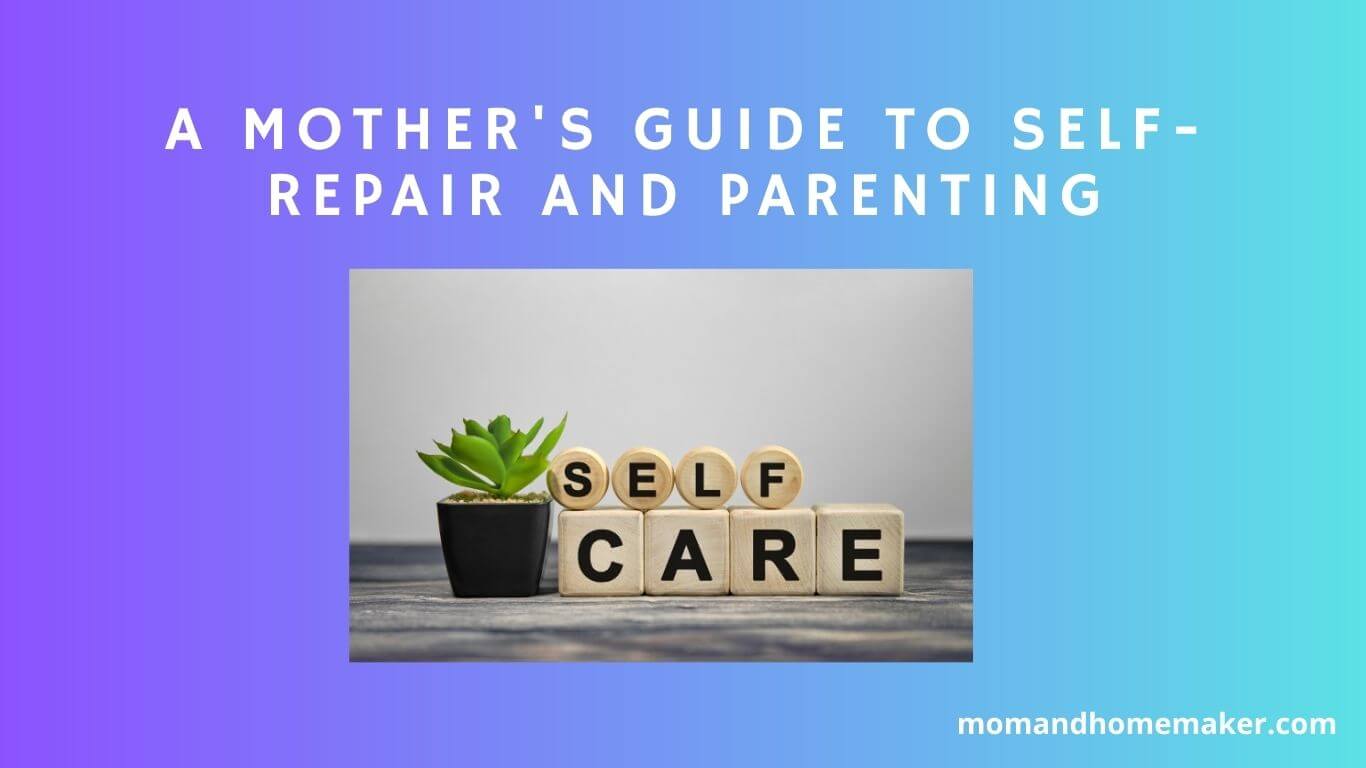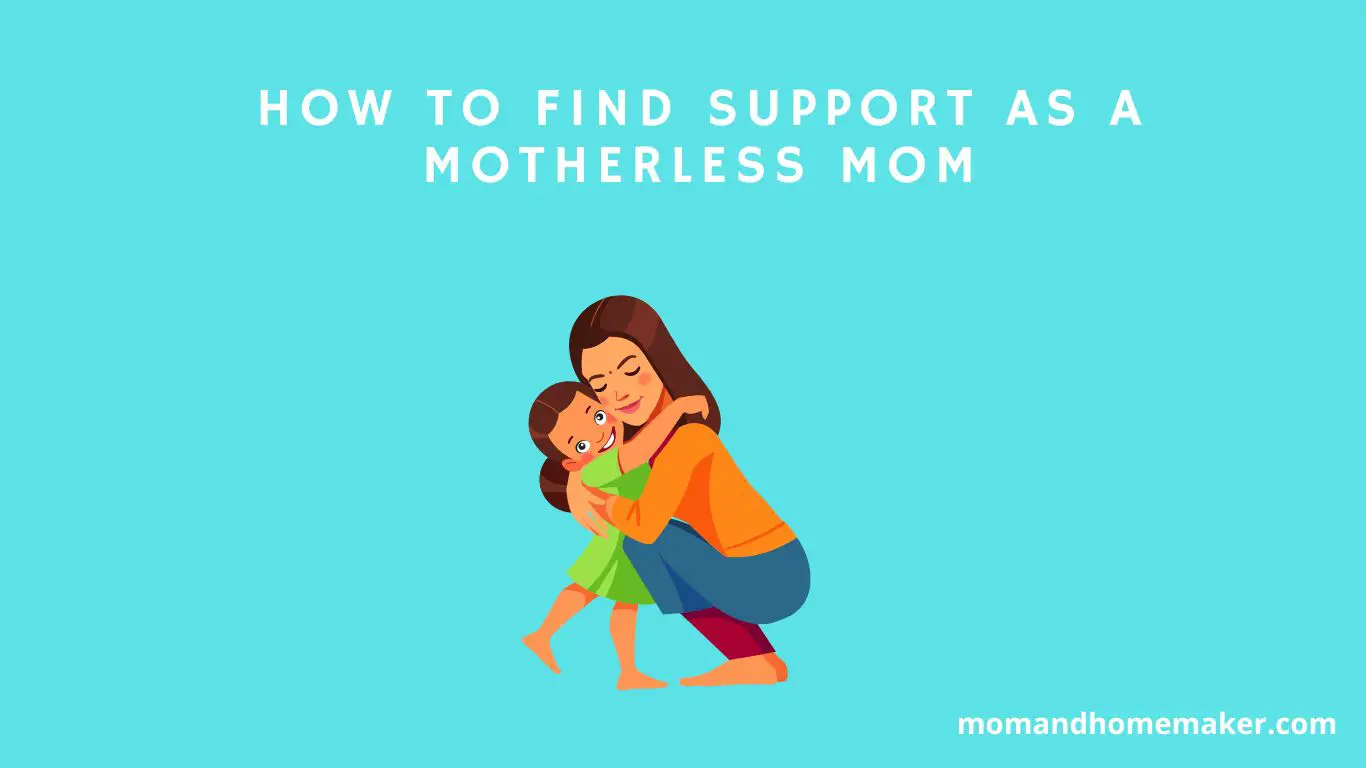When you feel overwhelmed by the challenges of parenting and frustration starts to build up, remember that asking for help shows strength, not weakness.
It’s normal to feel exhausted and unsure of what to do next. But there are options to explore and support available to help you navigate through this tough time.
Remember, seeking assistance is a courageous step toward finding relief and solutions.
Recognizing Your Limits
Recognize the importance of taking a step back and prioritizing your well-being when dealing with stress from caring for children. It’s crucial to understand your limits and establish boundaries to effectively manage stress. While your role as a caregiver is significant, it’s equally important to know when to focus on your mental and emotional health.
Setting boundaries is a healthy practice, and it’s okay to say no when needed. Recognizing and communicating your limits can help prevent burnout and improve the care you provide to children in the long term.
Open communication with your children and other caregivers about these boundaries is essential for everyone to be on the same page.
Managing stress is key to maintaining a healthy relationship with your children. Find activities that help you relax and recharge, such as going for a walk, practicing mindfulness, or enjoying a hobby. Don’t hesitate to seek support from friends, family, or a professional if you feel overwhelmed.
Remember, taking care of yourself is necessary to be the best caregiver you can be. By acknowledging your limits and effectively managing stress, you can create a more harmonious environment for both yourself and your children.
Taking a Time-Out
When caring for children becomes overwhelming, taking a time-out can be a helpful way to regain composure and redirect your focus. During chaotic moments, it’s important to remember that it’s perfectly fine to step back briefly for your well-being and that of your children.
Here are some timeout strategies to help you navigate challenging situations:
- Deep Breathing: Find a quiet spot, close your eyes, and take slow, deep breaths. Inhale positivity and exhale stress.
- Nature Walk: Take a short stroll outside in nature. Feel the warmth of the sun on your skin and listen to the soothing sounds of birds chirping.
- Journaling: Grab a pen and paper to jot down your thoughts and emotions. Writing them out can provide a sense of release.
- Mindful Meditation: Practice mindfulness by focusing on the present moment. Let go of concerns about the past or future, and center your thoughts on the here and now.
Seeking Support From a Partner
Feeling overwhelmed with taking care of your children? Reaching out to your partner for support can be a game-changer in managing stress.
Partner support is crucial in tackling the ups and downs of parenting. By leaning on each other, you can build a strong foundation for your family. Good communication is key to nurturing a supportive partnership. Share your feelings openly, listen actively, and collaborate on finding solutions.
When the demands of parenting become too much to handle alone, consider seeking couples therapy. A therapist can provide a neutral space for both of you to communicate effectively, understand each other’s viewpoints, and learn new coping strategies.
Couples therapy can strengthen your bond, enhance your problem-solving skills, and improve your ability to support each other during tough times.
Your partner can offer a fresh perspective and share the responsibilities. By working as a team, you can divide tasks, provide emotional support, and have each other’s backs. Remember, you’re not alone in this journey.
Together, you can overcome challenges, strengthen your relationship, and foster a harmonious environment for your children.
Reaching Out to Family
Feeling overwhelmed and needing extra support? Reaching out to your family can be a great help in managing your kids’ stress.
When dealing with family dynamics and trying to find coping strategies, turning to your relatives for assistance can make a big difference. Here are some ways that connecting with family can support you in handling your kids’ stress:
- Shared Responsibilities: Sharing tasks among family members can ease your burden and create a more balanced environment for your children.
- Quality Time: Spending quality time with extended family members can offer your kids additional positive role models and emotional support.
- Setting Boundaries: Having open communication with family members about your parenting boundaries and expectations can ensure consistency in how your children are raised.
- Utilizing Communication Techniques: Engaging in honest conversations with your family to address challenges or concerns can help build a supportive network.
Utilizing Parenting Hotlines
If you’re feeling overwhelmed with parenting challenges and need immediate support, consider reaching out to parenting hotlines. Parenting can be tough, and it’s perfectly fine to seek help when you need it. Hotlines can provide you with stress relief and expert advice tailored to your specific situation.
When you’re struggling with parenting issues, picking up the phone and calling a parenting hotline can give you a much-needed outlet.
The professionals on the other end understand the complexities of raising children and can offer valuable insights and strategies to help you navigate through difficult times. By reaching out for help, you’re taking a proactive step towards managing your stress and strengthening your relationship with your kids.
One of the key benefits of using parenting hotlines is the immediate access to expert guidance. Whether you’re dealing with behavioral challenges, communication issues, or simply feeling burnt out, the professionals are there to listen and provide practical advice.
This instant support can help you gain a fresh perspective on your parenting struggles and empower you to make positive changes in your family dynamic.
Don’t hesitate to contact parenting hotlines when you’re feeling overwhelmed. Remember, seeking help is a sign of strength, and these hotlines are here to support you through the ups and downs of parenting.
Joining Parenting Support Groups
Consider joining parenting support groups to connect with other parents facing similar challenges and gain valuable insights and advice. These groups provide a sense of community and understanding that can be incredibly helpful during stressful and uncertain times.
Here are some reasons why being part of a parenting support group can be beneficial for you:
- Access to Online Resources: Many parenting support groups have online platforms where you can find a variety of resources, articles, and tools to help you navigate your parenting journey more effectively.
- Community Connection: By joining a parenting support group, you become part of a community of individuals who understand and share your struggles and successes, offering a sense of belonging and support.
- Peer Support: Interacting with other parents facing similar challenges can provide the peer support you need to feel less isolated in your parenting journey.
- Guidance: Parenting support groups often have experienced facilitators or members who can offer valuable guidance and practical advice based on their own experiences, helping you navigate difficult situations with more confidence.
Joining a parenting support group can be a powerful way to not only seek guidance but also to offer support to others who may be going through similar experiences. Embracing the collective wisdom and camaraderie of a parenting community can make a significant difference in how you handle the stresses of parenting.
Implementing Self-Care Practices
Parenting support groups offer a sense of community and guidance, which is valuable. Now, it’s important to focus on practicing self-care to improve your well-being as a parent. Taking care of yourself is essential for effectively caring for your children.
Here are some tips and strategies to help you manage stress and incorporate self-care into your daily routine.
Make self-care a priority by setting aside time for yourself every day. This could be as simple as going for a short walk, reading a book, or enjoying a cup of tea. By dedicating a few minutes to yourself, you can recharge and better handle the demands of parenting.
Don’t hesitate to ask for help when you need it. Reach out to friends, family, or professionals if you’re feeling overwhelmed. It’s okay not to have all the answers and to seek support when necessary.
Practicing mindfulness and relaxation techniques can also help alleviate stress. Whether it’s deep breathing, yoga, meditation, or simply focusing on the present moment, incorporating these practices into your daily life can significantly improve your well-being.
Setting Realistic Expectations
Setting realistic expectations as a parent is crucial for maintaining a healthy balance and reducing stress levels. Parenting is a journey with its share of challenges and victories.
It’s important to acknowledge that parenting can be stressful at times, and it’s okay to feel overwhelmed. To manage stress effectively, practice self-care techniques like deep breathing, meditation, or going for a walk.
Effective communication is key in setting realistic expectations. Be open and honest with your children about your expectations, and encourage them to express their thoughts and feelings as well. This open dialogue can prevent misunderstandings and conflicts.
Flexibility is essential because not everything will go according to plan. Being adaptable to unexpected situations can help you approach challenges with a positive mindset.
Celebrate the small wins along the way, whether it’s a successful bedtime routine or a peaceful family meal. Recognizing these achievements can boost your confidence and keep you motivated on your parenting journey.
Creating a Routine
Establishing a consistent daily routine is crucial for promoting stability and reducing stress for both you and your children. By creating structure in your day-to-day activities, you provide a sense of predictability that can help children feel secure and confident.
Here are some practical tips to help you establish consistency in your household:
Start by setting regular times for meals, bedtime, and other essential activities. Consistency in these basic routines can have a significant impact on your children’s behavior and emotional well-being. Ensure that these schedules are realistic and achievable for your family.
Next, create a visual schedule that outlines the daily activities and responsibilities for each family member. This can help children understand what’s expected of them and minimize confusion or resistance to tasks.
Involve your children in the routine-setting process. Encourage them to contribute ideas for activities or chores, giving them a sense of ownership and responsibility.
Lastly, be flexible and willing to adjust the routine as needed. While consistency is crucial, it’s also important to adapt to unforeseen circumstances or changing needs.
Delegating Tasks
When it comes to lightening your workload and teaching your children valuable skills, consider giving them age-appropriate tasks. Involving your kids in household chores not only helps you but also instills a sense of responsibility and accomplishment in them.
Here are some ideas to guide you in sharing tasks with your children:
- Chores: Assign simple tasks like setting the table, folding laundry, or watering plants. This not only eases your burden but also teaches the importance of contributing to the household.
- Self-care: Encourage your children to take care of their belongings, such as putting away toys or tidying their rooms. It promotes independence and organization skills.
- Support network: Delegate tasks that involve assisting each other, like helping a younger sibling with homework or sharing responsibilities during playtime. This fosters teamwork and empathy.
- Boundaries: Set clear guidelines when assigning tasks to ensure everyone understands their roles. This helps establish structure and accountability within the family unit.
Exploring Therapy Options
When it comes to supporting your child’s emotional well-being, exploring therapy options can offer valuable tools and guidance. Seeking professional help can make a significant difference when dealing with challenging child behavior or navigating complex family dynamics. Two therapy options to consider are online counseling and group therapy.
Online counseling is convenient and accessible, providing support for both you and your child from the comfort of home. It offers personalized sessions tailored to your child’s specific challenges, making it a flexible way to address their emotional needs while accommodating your busy schedule.
On the other hand, group therapy sessions can help your child develop social skills and learn from peers facing similar situations. The sense of community and peer support in group therapy can be beneficial in improving your child’s social interactions and emotional resilience.
Attending Parenting Workshops
Participate in parenting workshops to improve your skills in supporting your child’s emotional well-being. These workshops offer practical insights and techniques to help you navigate the challenges of parenting. Here are some advantages and strategies you can gain from attending parenting workshops:
- Hands-On Learning: Workshops provide interactive opportunities to learn, allowing you to actively engage and practice new parenting approaches in a supportive setting.
- Expert Advice: Benefit from the expertise of parenting professionals who can provide tailored guidance and solutions to meet your specific needs.
- Community Support: Connect with other parents who are dealing with similar issues, building a sense of community and empathy as you share experiences and learn from one another.
- Useful Resources: Access practical tools and resources that you can apply in real-life scenarios, empowering you to effectively manage your child’s emotions and behaviors.
Practicing Mindfulness Techniques
Integrating mindfulness techniques into your daily routine can have a profound impact on reducing stress and promoting emotional well-being for kids.
By practicing mindfulness, you create a sense of awareness that allows you to respond to your children’s needs calmly and thoughtfully. Here are some simple mindfulness techniques you can start using today:
- Mindful Breathing: Focus on your breath to bring yourself to the present moment and calm your mind, which can help reduce stress and improve clarity.
- Relaxation Techniques: Engage in activities like progressive muscle relaxation or guided imagery to release tension, promoting relaxation and reducing anxiety.
- Stress Management: Utilize mindfulness to identify stress triggers and develop healthy coping strategies, which can enhance resilience and emotional well-being.
- Meditation: Dedicate a few minutes each day to meditation practice to cultivate inner peace, improve focus, and boost overall mental health.
- Gratitude Practice: Reflect on things you’re grateful for daily to shift your focus towards positivity, fostering contentment and joy.
Incorporating these mindfulness techniques into your routine can benefit both your children and yourself by effectively managing stress levels. By practicing mindfulness, you create a harmonious environment that fosters emotional regulation and understanding within your family dynamic.
Considering Professional Help
When mindfulness techniques no longer seem sufficient to address your child’s stress, seeking professional help can provide valuable support and guidance. If you feel overwhelmed and unsure about how to effectively navigate your child’s stress, here are some options to consider:
- Therapy Benefits: Professional therapists can offer specialized interventions tailored to your child’s needs, creating a safe space for them to express their emotions and develop coping strategies.
- Therapy Limitations: It’s important to acknowledge that therapy may not provide immediate solutions, and progress can take time. Patience and consistency are key factors in the process.
- Parenting Coach Consultation: Consulting with a parenting coach can offer personalized guidance on effectively managing your child’s stress. Coaches can provide practical strategies and tools to improve communication and cultivate a more harmonious home environment.
- Combining Therapy and Coaching: Sometimes, a dual approach of therapy for your child and coaching for yourself as a parent can be a powerful strategy. This combination can address both your child’s needs and your own, creating a more holistic support system.
Prioritizing Your Mental Health
Prioritizing your mental health is crucial for effectively supporting your child through their stress. As a caregiver, your well-being directly affects your ability to provide the necessary support and guidance your child needs during tough times. To best help your child, it’s essential to practice self-care and seek mental health support when necessary.
Self-care strategies play a vital role in maintaining your mental well-being. Taking time for yourself to recharge and rejuvenate isn’t selfish; it’s a necessary part of being able to care for others.
Simple activities like taking a walk, reading a book, or practicing mindfulness can help reduce stress and improve your overall well-being. Remember, you can’t support others if you’re running on empty, so prioritizing self-care benefits both you and your child.
Moreover, seeking mental health support when you feel overwhelmed is a proactive step towards ensuring you can continue to support your child effectively. Whether it’s speaking with a therapist, or counselor, or joining a support group, reaching out for help is a sign of strength, not weakness.
Everyone faces challenges, and seeking support is a brave and important decision for your mental health and your ability to care for your child. Remember, taking care of yourself isn’t a luxury but a necessity in being the best caregiver you can be.
Conclusion
When you’re feeling overwhelmed by your kids, remember that you’re not alone.
It’s important to reach out for help and prioritize your mental well-being.
Don’t hesitate to ask for assistance, take a break when needed, or seek professional support.
You deserve to feel capable and empowered as a parent.
You’ve got this!














